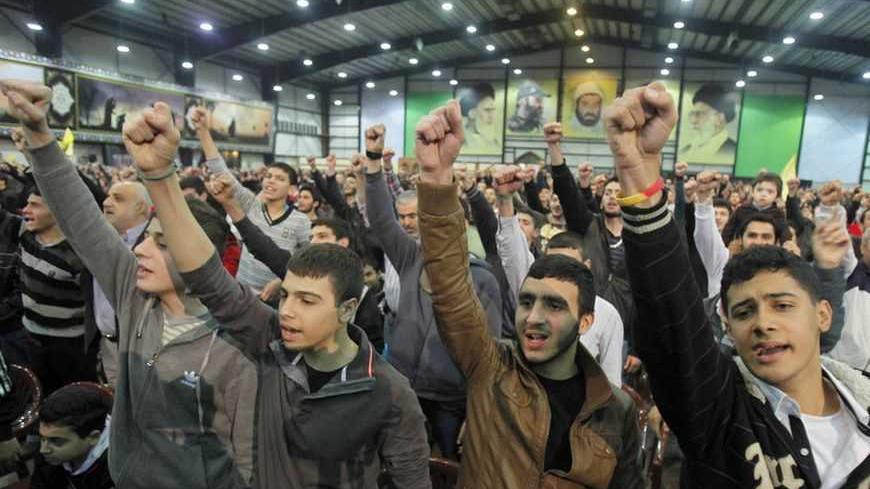Hezbollah has several departments that specialize in monitoring events in Israel. They monitor everything that happens in Israel, then analyze that information by cross-checking it with privately-collected information. Inside these departments is a unit whose roots in monitoring Israeli events go back the 1975-1981 era, when the Palestinian Fatah movement was a state within a state and had its various institutions stationed in Lebanon. This unit is the remnant of Fatah’s so-called “Western sector,” which was directly led by Fatah’s second in command, Khalil al-Wazir (aka, Abu Jihad), and whose sole mission was to monitor the situation in Israel and assess its intentions toward Lebanon and the conflict in the region.
Throughout his life, Hezbollah’s military commander Imad Mughniyah was one of the most prominent examples of a Lebanese person inside Hezbollah who descended from Fatah’s Western Sector experience, before they embraced Hezbollah’s religious doctrine between 1983 and 1985. The members of this Hezbollah unit are now in their fifties and are highly knowledgeable of Israeli affairs. Over the past 20 years, Hezbollah has added a new generation of researchers and observers of Israeli affairs to the Israel-monitoring unit, of which they now constitute the majority, numbering in the dozens. Inside the party, they are known as “the Hebrew mujahideen.” Recently, they have been closely monitoring and analyzing the Israeli election and its implications on the “Israeli political structure,” the “security, military, and political open battle between Israel and Hezbollah,” and “Israeli political changes toward Lebanon, the resistance, Syria, and Iran.”



